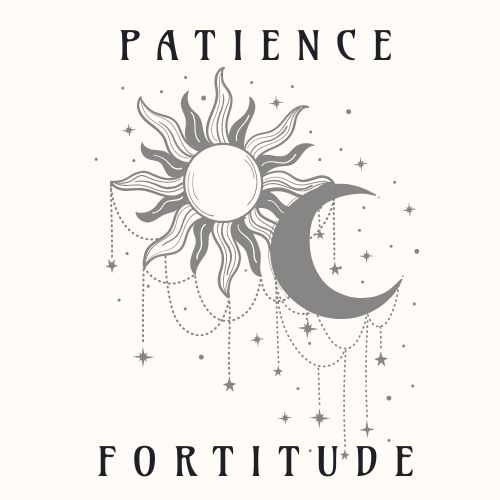The title here refers to the classic movie about anthropologist Dian Fossey, “Gorillas in the Mist” which became short-hand among anthropologists for studying any group as an outsider prone to endangerment. Sometimes used sarcastically (“Polyamorists in the Mists!”) or as a warning when entering a violent situation/area, it fits this post because recently I was invited to participate in an on-campus interfaith dialogue about relationships.
Not that I expected to get flogged and burned, mind you, because FSU is generally regarded as a civilized and open-minded kind of place. *winks* But I thought it was weird to invite a self-identified atheist to the proceedings. Nonetheless, in the spirit of collegiate pride and professional responsibility, as well as personal curiosity, I went.
It was a small gathering (expected, as we’re near the end of term and everyone is freaking the fuck out about finals) but there I was, sitting between a converted Catholic and the campus Presbyterian minister. There was a fourth person who was supposed to be there, I’m assuming representing the “non-Christian” demographic, but she did not show, unfortunately. The crowd was a mixed bag, and I had a small cheer-leading section of co-workers all for me! (thank you, Martha, Jennifer, and Peace!)
So we talked. And eventually, because I’m me and my relationships always turn back around to the deaths of my parents somehow, we got on the topic of grief and mourning and traditions surrounding death. (It’s a little depressing to realize that this is my “calling card” in such interfaith discussions, not because I regret it but because I stand out as unusual.) For the first time, someone directly asked me about how I would explain death to a child since I could not fall back on the whole “afterlife” mythology-du-jour.
The idea of an afterlife is alluring because it promises better, and it promises eternity. Not only will we be happier there, but we will be happy forever! It’s a hard prospect to turn down, emotionally speaking, especially it promises that we will be reunited with the people we love most. Personally I wasn’t raised to believe that, and it is not something that occurred to me at all during the protracted deaths of my parents. It just wasn’t on my radar that their deaths were a temporary separation, because I was pretty firmly in the mindset that their deaths were going to be permanent. That mindset has never changed.
But for many it is a bleak, bleak version of events. They want reunion, they want eternal happiness, they want a sense of justice to balance out all the awfulness that people experience in life.
I think people there were genuinely curious to my answer, because how can an atheist be anything but nihilistic? Or so the argument goes.
My response was that I think we do a disservice by letting children believe in an afterlife. There might be time for it — the argument rages, in secular circles — but on the whole, it’s unfair to promise something we cannot prove exists. And my point here isn’t to drive home the hopelessness of finality, but to stress that what matters is who we are NOW. What we do, and how we live our lives, is too easily overshadowed by ideas of a utopian afterlife. Many religions, especially Christian, argue that being a good person is how we earn a place in Heaven, and that’s our impetus for being morally good and just. I cannot get behind that and never have, because I think it is cheating ourselves if the only reason we do something good is for the sake of being rewarded for it. That’s the behavior of dogs and toddlers, not self-aware adults.
In laying the foundation for that self-aware adulthood, I would explain to a child that this life ends, and that is sad, but what matters is living joyfully, honestly and ethically in the life we have now. That remembering the life of someone who died is a better “afterlife” than any vague promises of unknown utopias, and being remembered after death as a good person is far more important than any hope for immortality. That getting this one chance to live fully is an opportunity we cannot waste or treat lightly, or ruin for other people. Knowing that everyone around you gets this one chance makes us more compassionate, not less; life becomes more precious, not less, when it is acknowledged as a rare and unique experience.
I’m pretty sure my answer did not fly with that crowd, or sway anyone from their religious path, but maybe (I hope) gave them food for thought about what life, and death, really mean in a world with 7 billion people striving for survival, love, and happiness.
#
* Photo by Eric Hossinger, used with permission via Flickr Creative Commons.

